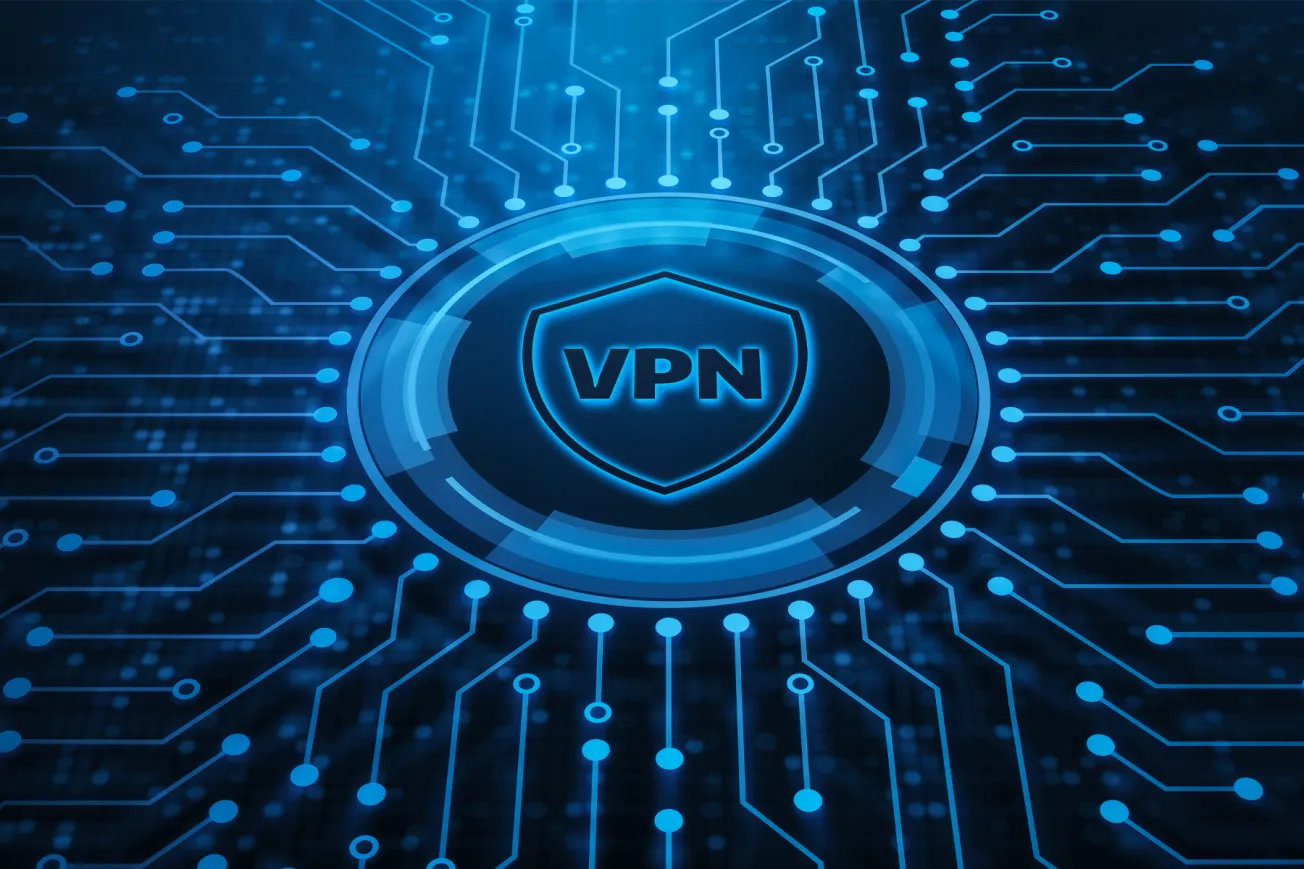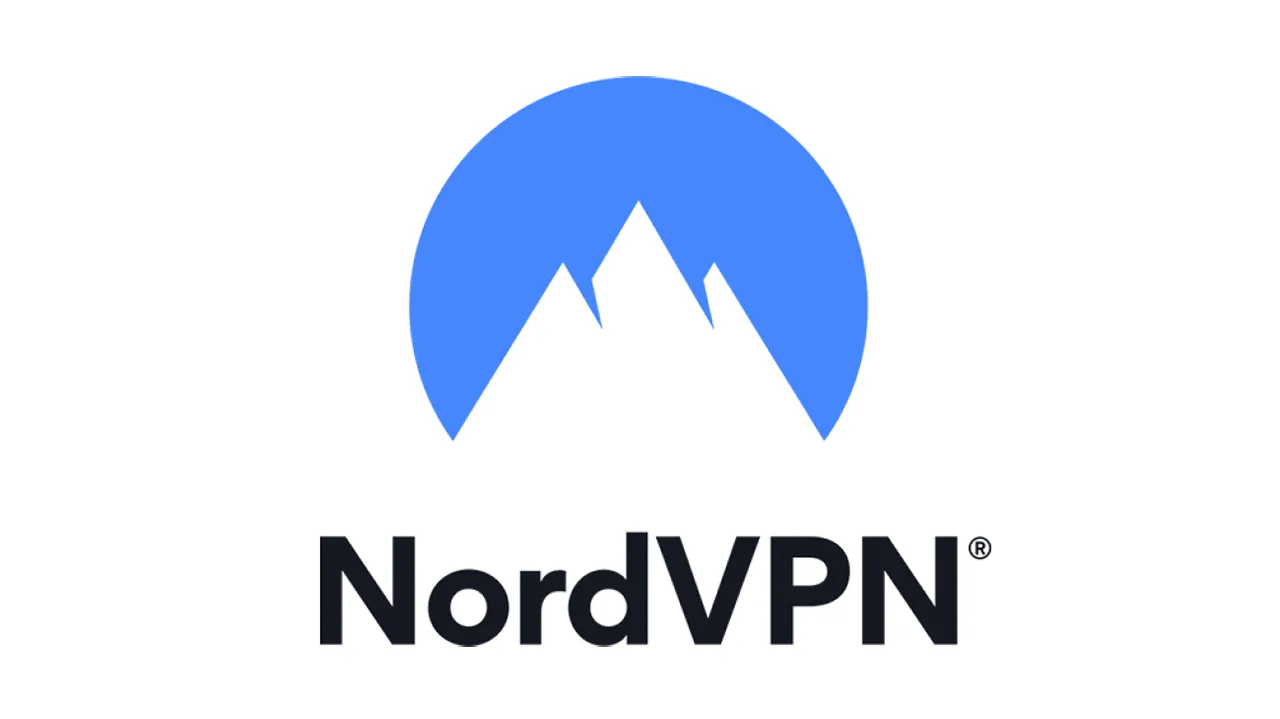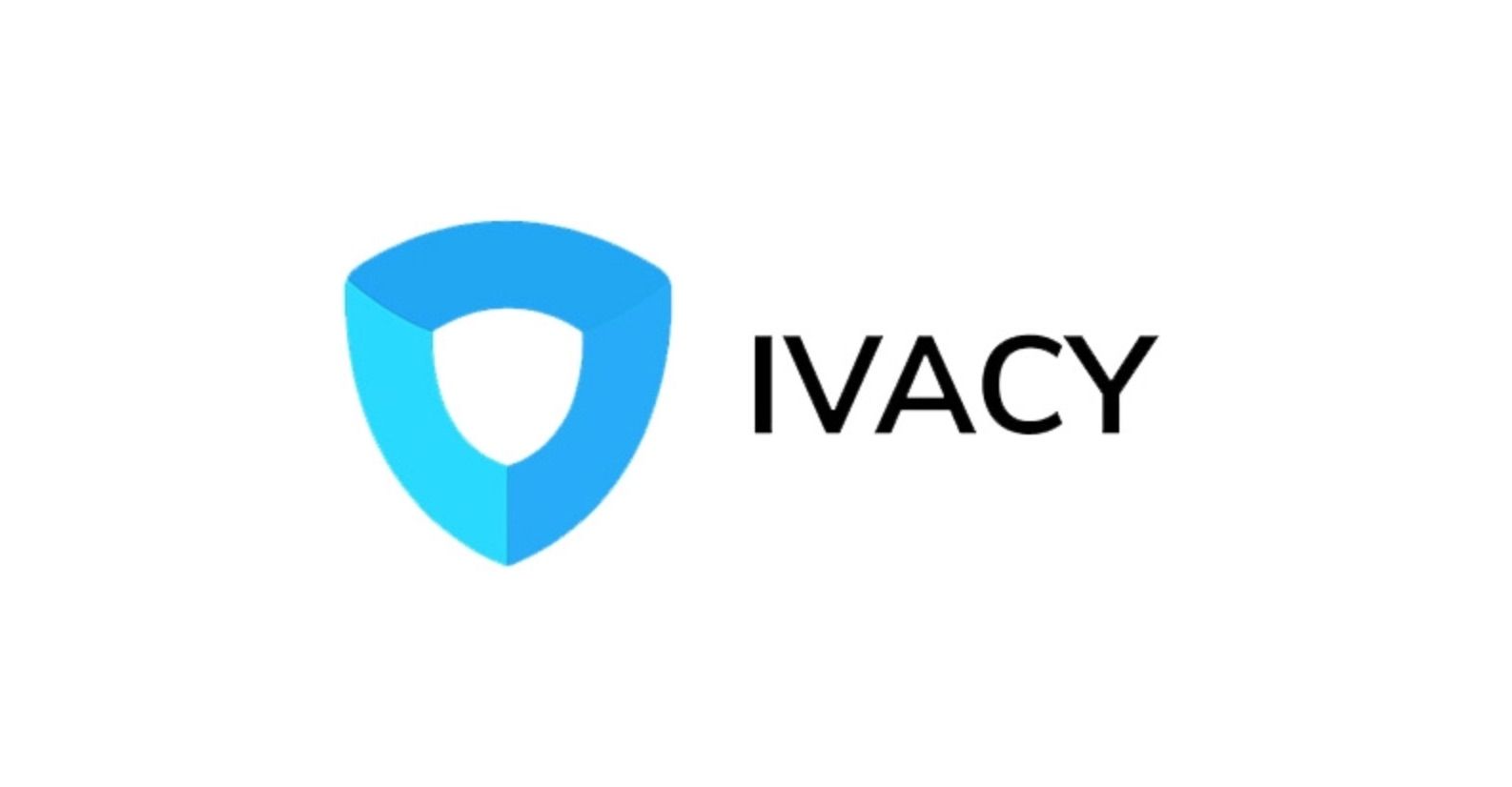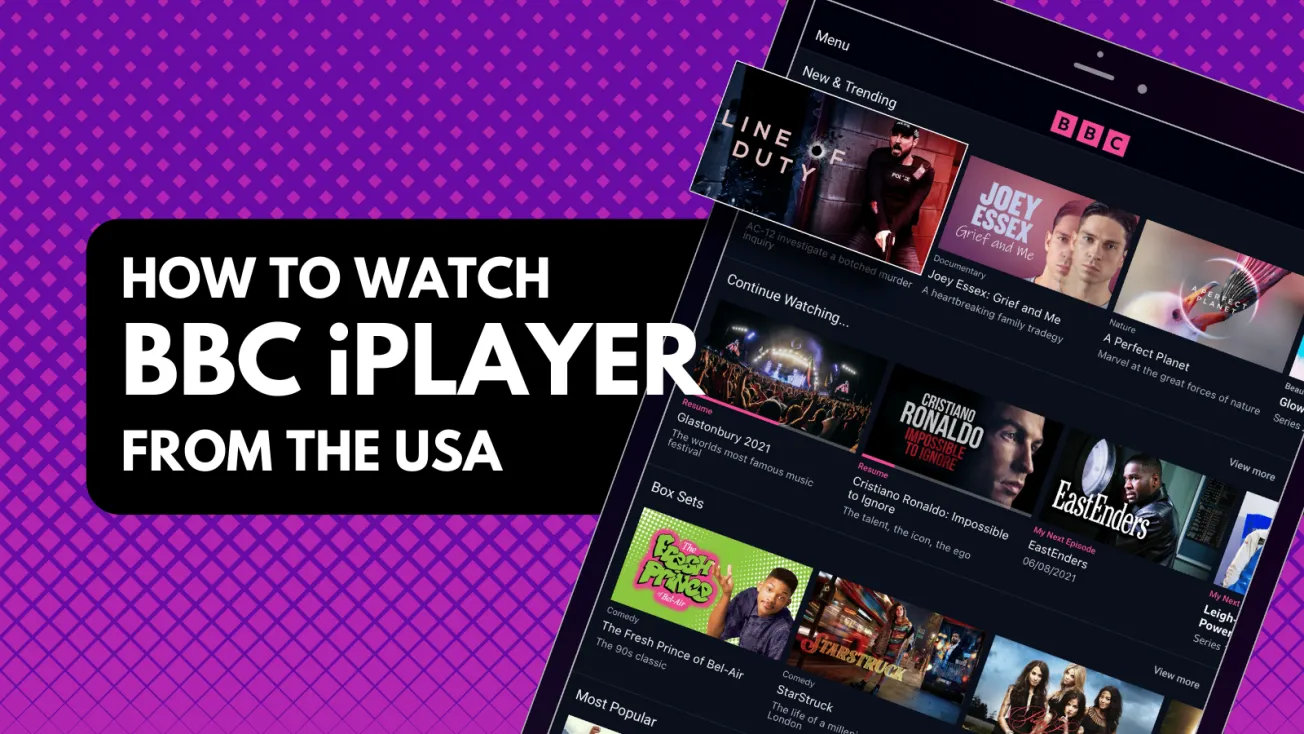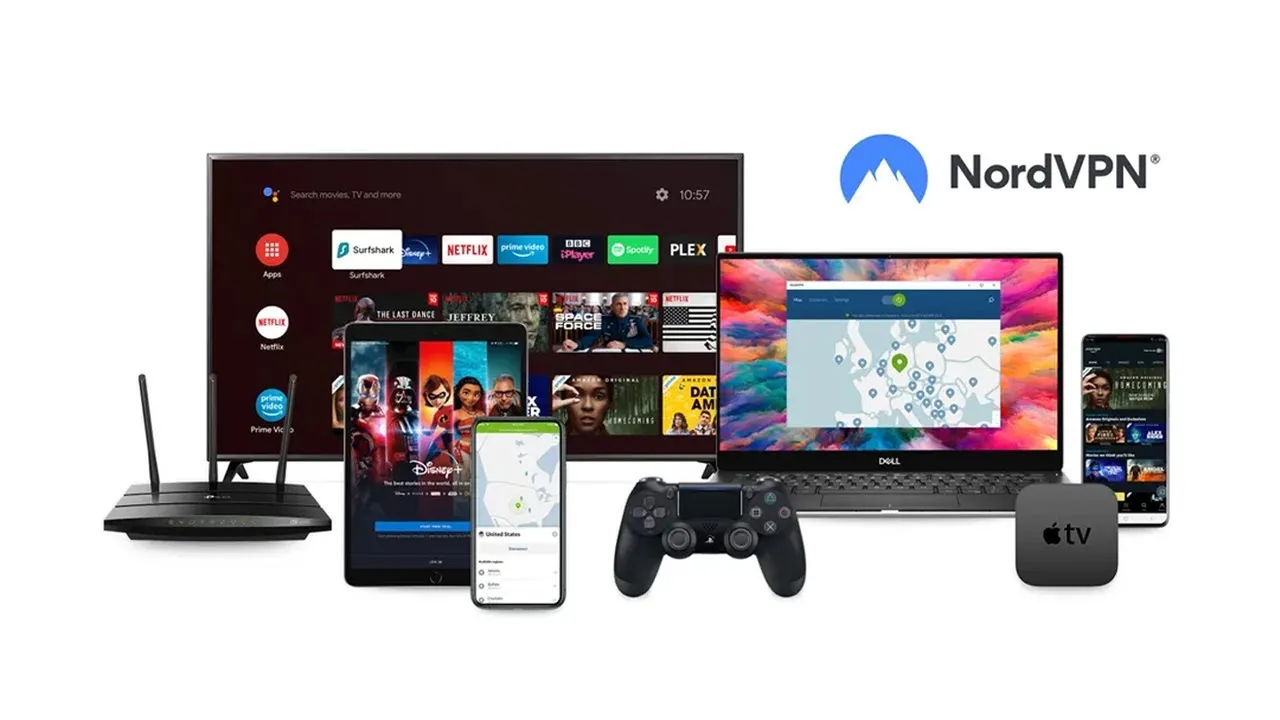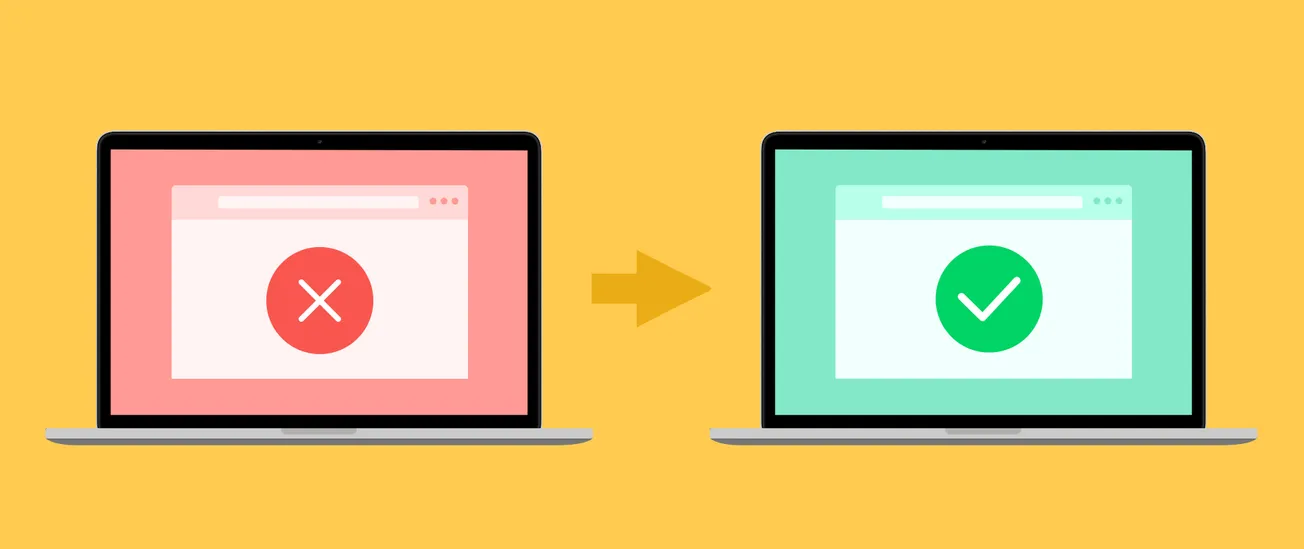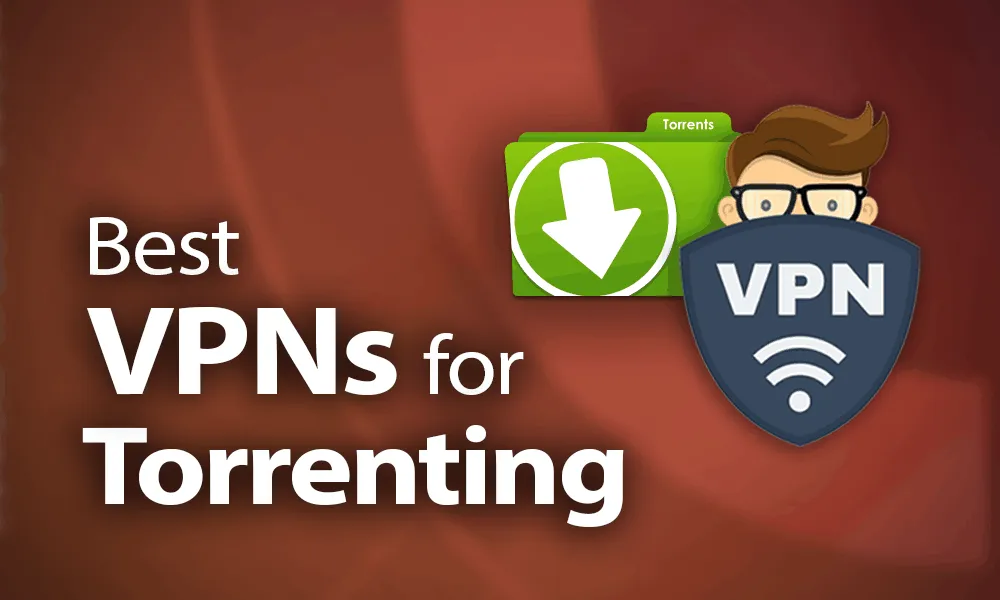Table of Contents
In today's digital landscape, safeguarding your online privacy has become more critical than ever. With the ever-present threat of hackers, data breaches, and invasive surveillance, it's essential to take proactive measures to protect your personal information. Enter Virtual Private Networks (VPNs), the ultimate armor for your online privacy.
So, what exactly is a VPN, and how does it work? In simple terms, a VPN is a technology that establishes a secure and encrypted connection between your device and the internet. It acts as a protective shield, creating a private network within a public network, such as the internet. By routing your internet traffic through an encrypted tunnel to a VPN server, a VPN masks your IP address, making it nearly impossible for anyone to trace your online activities back to you.
The power of VPNs lies in their ability to provide anonymity and security. When you connect to a VPN server, all your internet traffic is encrypted, ensuring that your data remains unreadable to prying eyes. This encryption shields your sensitive information, such as passwords, financial transactions, and personal communications, from potential eavesdroppers, whether it be cybercriminals, your Internet Service Provider (ISP), or government surveillance agencies.
VPNs also offer an added layer of security when using public Wi-Fi networks, such as those found in coffee shops, airports, or hotels. These networks are notoriously vulnerable to hacking attempts and data interception. However, by using a VPN on your device, you can browse the web with peace of mind, knowing that your data is protected from potential threats lurking on the same network.
Furthermore, VPNs enable you to bypass geographical restrictions and censorship imposed by governments or streaming services. By connecting to a VPN server located in a different country, you can access content and websites that may be blocked or restricted in your current location. This feature is particularly useful for travelers or individuals living in countries with limited internet freedom.
Choosing the right VPN provider is crucial to ensure maximum privacy and security. Look for reputable VPN services that prioritize user privacy, have a strict no-logs policy, and offer strong encryption protocols. Additionally, consider factors such as server locations, connection speed, and customer support when making your decision.
While VPNs offer unparalleled privacy protection, it's important to remember that they are not a cure-all solution. It's still essential to practice good cybersecurity habits, such as using strong and unique passwords, keeping your software and devices updated, and being cautious of suspicious emails or websites.
In conclusion, VPNs are the ultimate armor for your online privacy. They provide you with the freedom to browse the internet securely, anonymously, and without restrictions. By harnessing the power of VPNs, you can reclaim control over your personal information and enjoy a safer online experience. So, don't wait any longer - fortify your online privacy with the incredible power of VPNs today.
Our Top Picks:

